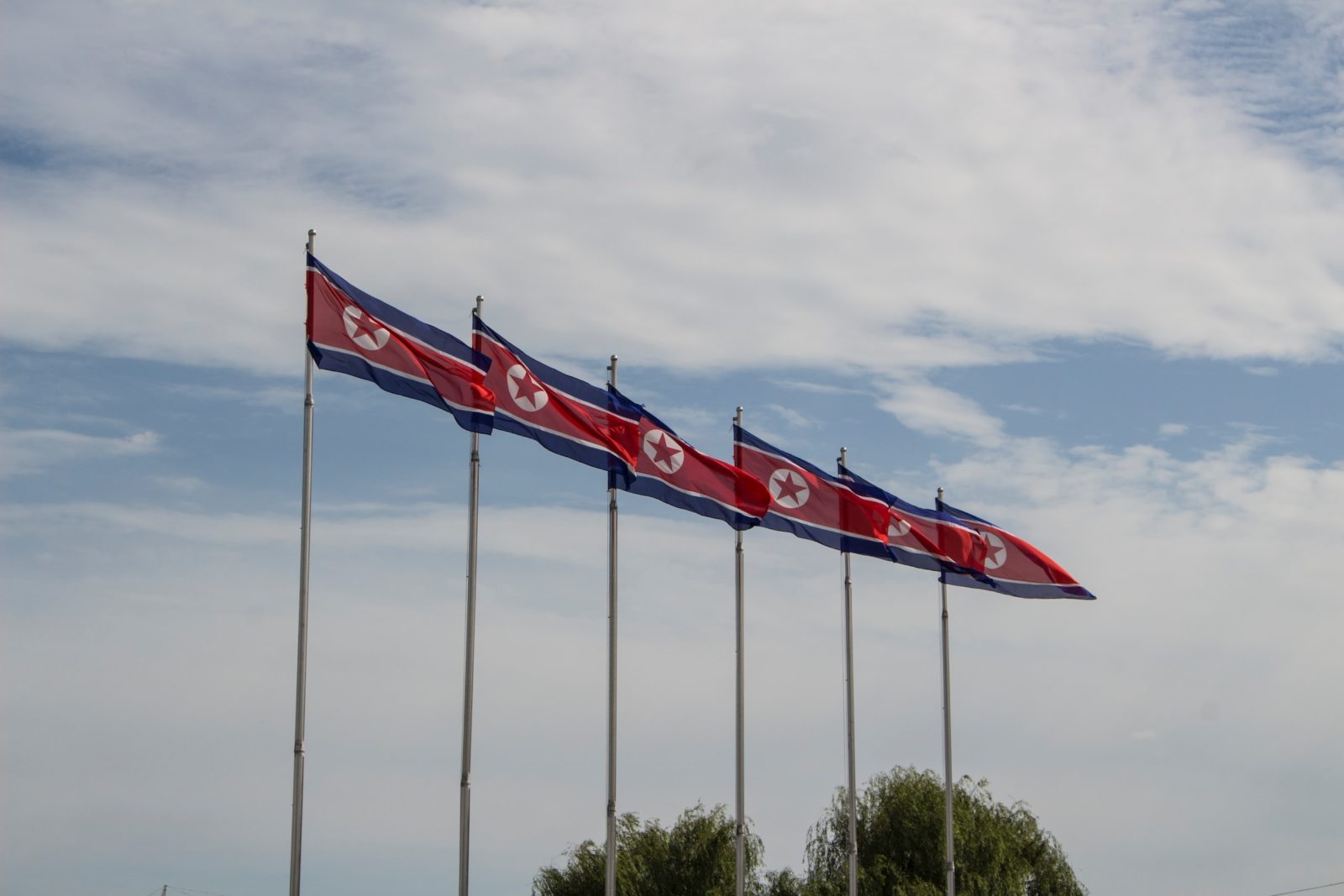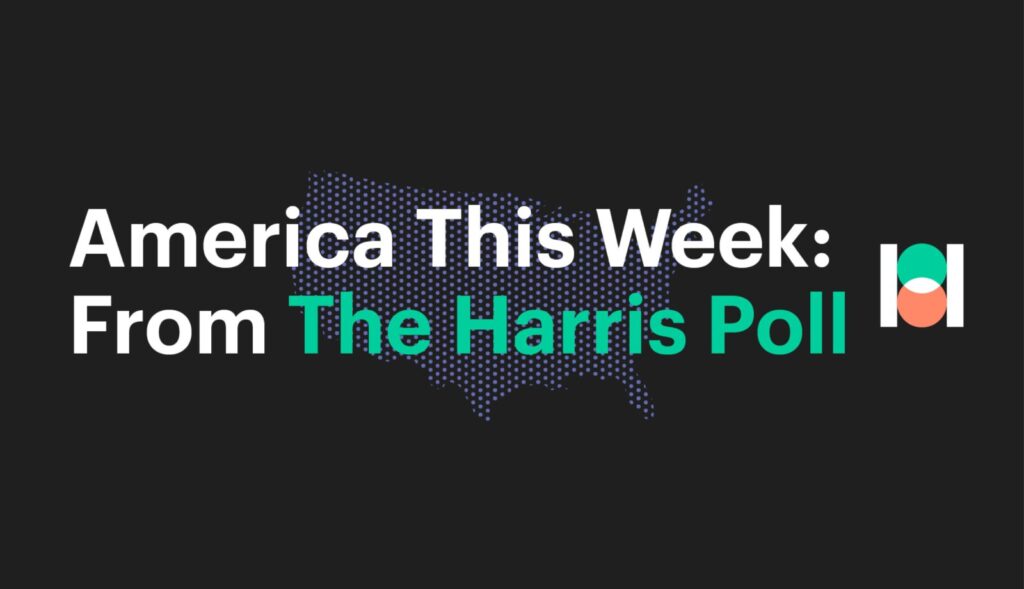Brief • 1 min Read

A new American Friends Service Committee (AFSC)/Harris Poll examined U.S. public attitudes toward peace and humanitarian issues with North Korea and China. The poll revealed that many adults living in the United States agree that work must be done together to build relationships and reduce tensions. This poll was a follow-up to a previous study commissioned by AFSC and conducted by Ipsos in 2021.
The poll indicates that a majority of the U.S. public (68%) support that the U.S. president should offer to hold talks with the North Korean leader, and 67% of the respondents agree that the U.S. government should engage in dialogue as much as possible with China to reduce tensions. Half (52%) of the U.S. public agree that the U.S. government should end the Korean War with a peace agreement. A strong majority (76%) of adults in the U.S. are of the opinion that that the U.S. government should work with North Korea to repatriate the remains of U.S. service members left behind in North Korea after the Korean War. It should be noted that most of these percentages are an increase from the previous study’s results, which might indicate a more positive interest towards diplomatic relations with North Korea and China.
“We were excited to see, once again, that the U.S. public supports diplomatic engagement. There is a lot of good news in here for peace advocates,” said Beth Hallowell, AFSC’s Director of Research and Analytics.
Additionally, the poll indicates how the U.S. public prioritizes humanitarian concerns and climate change over sanctions. More than half of respondents agree that sanctions should be lifted by the U.S. if interfere with humanitarian aid and global public health (62%) or they damage economic activity and livelihoods of ordinary citizens (58%). Half (50%) of the U.S. public agree that the U.S. should lift sanctions if they hinder cooperation on climate change while 60% agree that the U.S. should lift sanctions if they violate international law.
A slight majority (54%) agree that humanitarian aid workers from privately-funded charities should be allowed to travel to North Korea without restrictions from the U.S. government, while 56% are of the opinion that the U.S. government should allow U.S. and North Korean faith and religious communities to conduct people-to-people exchanges between leaders and members of those communities.
“It is heartening to see the U.S. public’s concern for the effects of sanctions on human needs. AFSC will continue to shed light on the harm sanctions cause to people living in sanctioned countries, and the barriers they continue to bring to engagement and humanitarian support despite recent steps to address these. It is time to rethink the use of sanctions as a foreign policy tool and no longer accept the devastating consequences of broad-based sanctions,” said Jennifer Deibert, AFSC’s DPRK Program Director.
MEthodology
This survey was conducted online within the United States by The Harris Poll on behalf of AFSC from January 17 – 19, 2023 among 2,063 U.S. adults ages 18 and older. The sampling precision of Harris online polls is measured by using a Bayesian credible interval. For this study, the sample data is accurate to within +/- 2.8 percentage points using a 95% confidence level.
Subscribe for more Insights
Subscribe to our newsletter for the latest trends in business, politics, culture, and more.
Download the Data
This survey was conducted online within the United States by The Harris Poll on behalf of AFSC from January 17 - 19, 2023 among 2,063 U.S. adults ages 18 and older.
DownloadSubscribe for more Insights
Subscribe to our newsletter for the latest trends in business, politics, culture, and more.
Download the Data
This survey was conducted online within the United States by The Harris Poll on behalf of AFSC from January 17 - 19, 2023 among 2,063 U.S. adults ages 18 and older.
DownloadRelated Content








